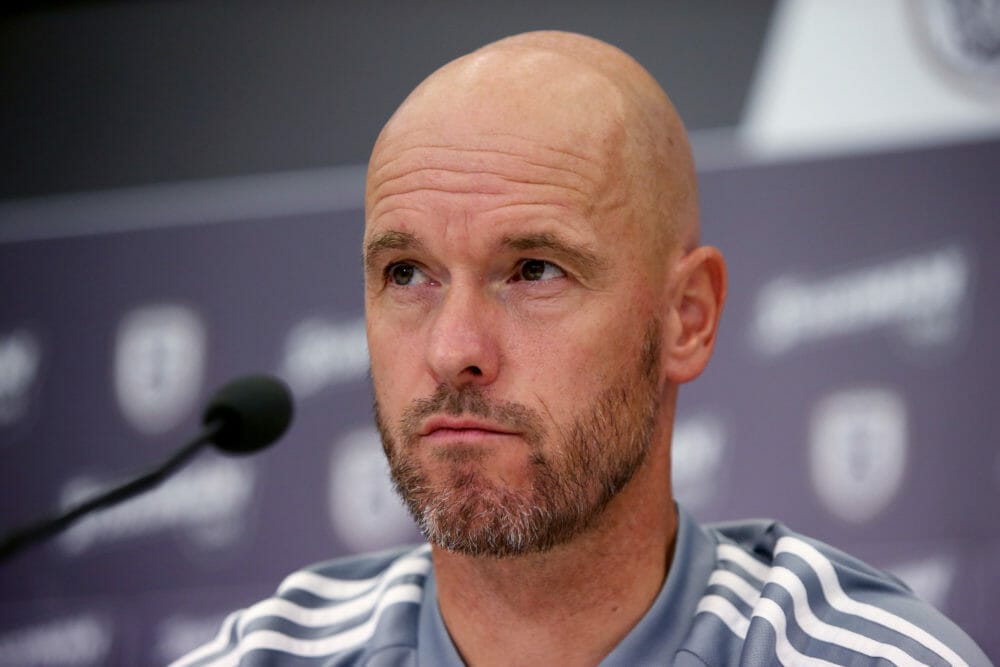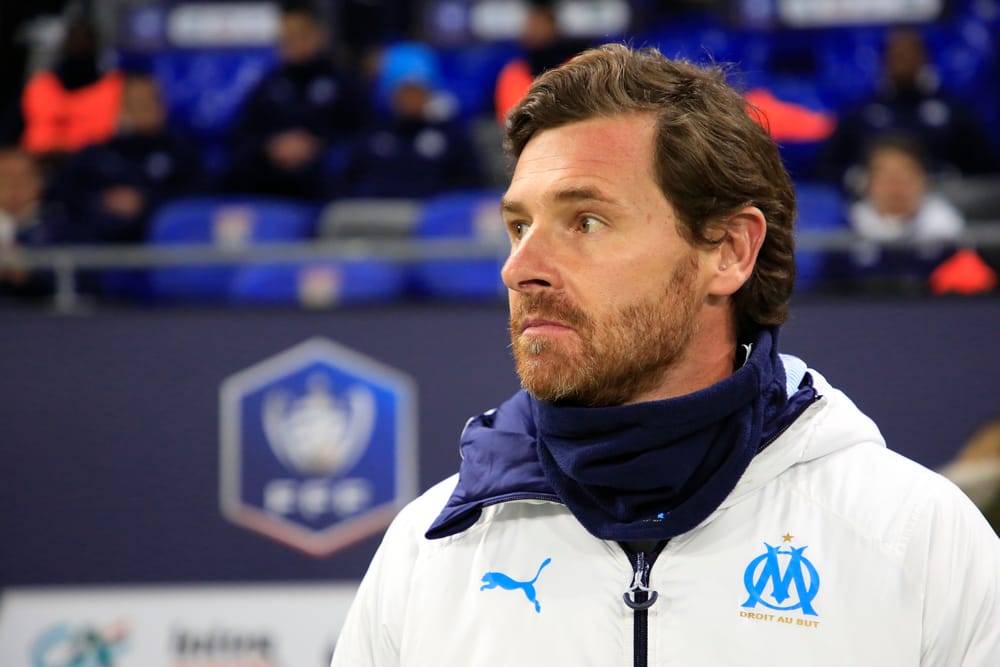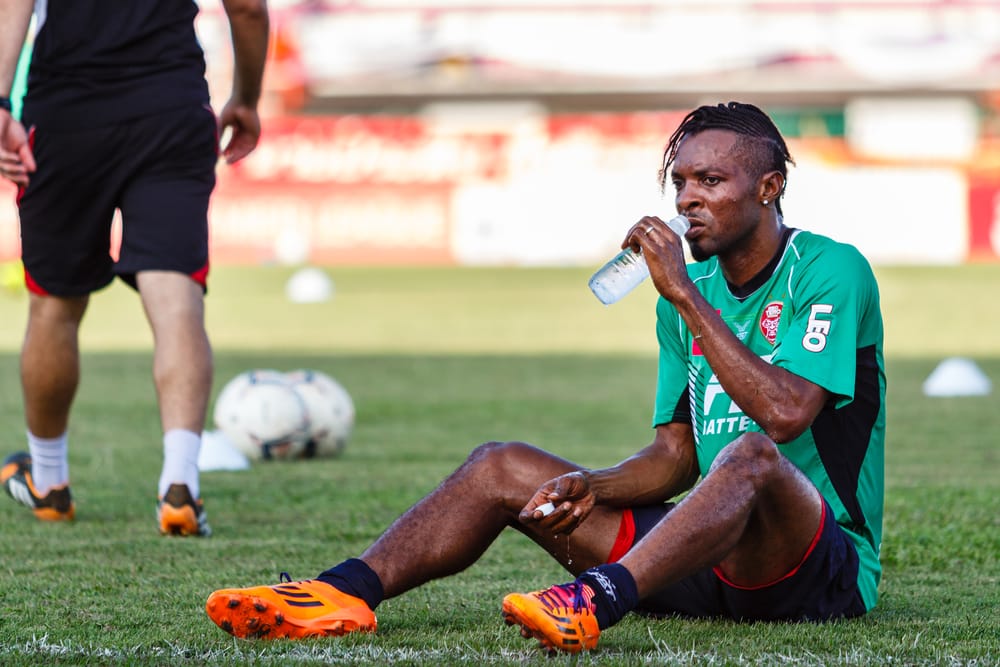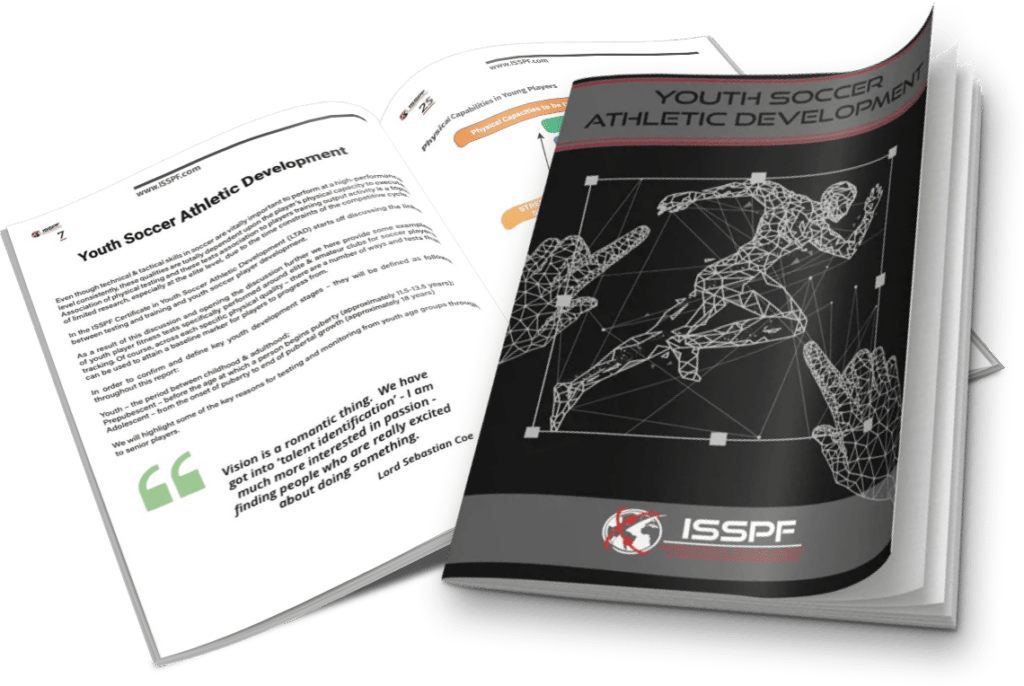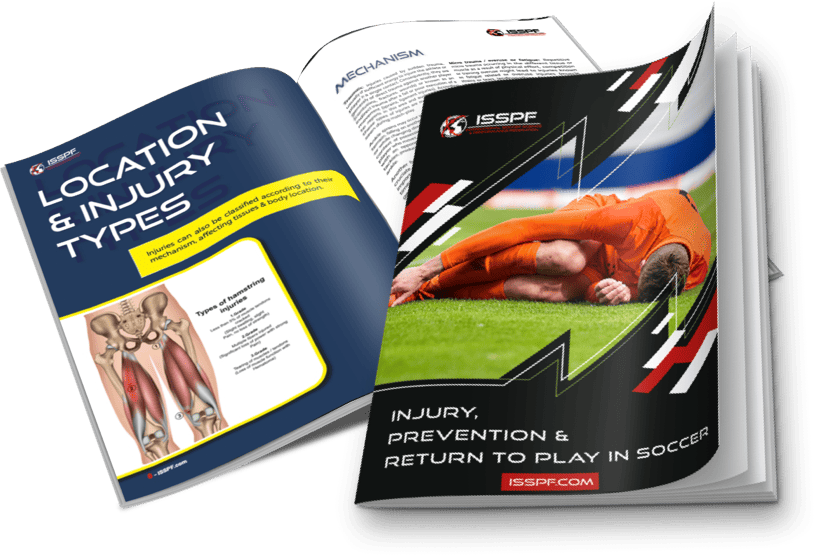Coaching Development in Football: Requirements of the Elite Coach
In the modern realm of football coaching, the demands placed upon elite coaches have undergone significant evolution over the past decade. The introduction of sporting directors into the game landscape has ushered in a new era, granting head coaches the opportunity to delve deeper into the strategic intricacies of the sport while slightly shifting away from the traditional responsibilities of player recruitment.
However, it’s crucial to recognize that approaches vary across different clubs and organizations, and individual managers may navigate the landscape in distinct ways, each with its unique challenges and opportunities.

Within the organizational framework, head coaches often find themselves at the helm of critical decisions regarding team systems and playing styles. These decisions carry immense weight, particularly during challenging periods in their careers, where the pressure to achieve results can be intense. The fluid nature of football trends, oscillating between pragmatic and attacking styles, underscores the cyclical essence of tactics and styles within the game.
Today’s professional landscape demands a higher level of expertise and education from head coaches, as they continuously strive to reinforce their status and influence by making informed decisions that align with the evolving demands of the sport.
In the multifaceted role of head coach or manager, the pursuit of perfection in decision-making is a lofty goal, albeit one that remains elusive. Nevertheless, across both male and female football, the ability of head coaches to positively influence performance is paramount. This influence extends beyond the pitch and into the realm of strategic coaching concepts, as highlighted by various ISSPF online coach development and football education courses.
The concept of coaching itself is undergoing a transformative journey, with reports suggesting the emergence of three distinct approaches: free coaching, directional coaching, and creative coaching. The future of football coaching seems poised for a surge in creative coaching methodologies, driven by the imperative for players to develop critical thinking and decision-making skills.
In an era where the pace of the game is accelerating, the modern player must be equipped to navigate complex in-game situations with minimal intervention from coaching staff.
Coaching: According to some reports in this area, 3 types of coaching can possibly be applied, free coaching (limited if any instruction provided), directional coaching (lots of information provided to the players), and creative coaching (ideas are proposed, but not enforced).
As reported in many articles, and through many coach educational courses, the future of football will see growth in creative coaching. This is due to the fact that player need to think and make decisions for themselves, and as a result will need to become better problem solvers. Not always having time to receive information from the coaching staff in the dug-out! The game is moving faster and so must the decision making processes of the modern player.

Provoking players into making better decisions and managing in-game situations is the way of the modern coach. Currently, especially in youth football, this is spoken about but not administered….. maybe due to this method being far less “hands-on” as far as the coach is concerned.
Tactical Understanding: Nowadays and even more regularly, you will hear or see teams actually changing their system 2-3 times within a game. As a result of this, modern players will have to be equipped with key tools to assess themselves how the opponents are lining up and what can be changed in order to increase success rates. Understanding the need to educate and train players accordingly is obviously a key part of a coaches development.
Leadership:
Top teams throughout the world at any level have competent people, and strong leadership. All teams of staff irrespective of the sport, industry and context need leaders. Not always do people have to lead with being loud and dominating! This is normal for both head coaches and players. You will see great examples of people who lead by example and not words.
One of the greatest leaders and most successful head coaches of all time Carlo Ancellotti has been known as the expert of ‘quiet leadership’, through his coaching manner, temperament, decision making expertise and understanding of what’s required to win.

Embrace the opportunity to elevate your coaching prowess and deepen your understanding of football science with the ISSPF’s acclaimed Physical Training & Soccer Methodology course. Whether you’re a seasoned coach seeking to refine your skills or an enthusiast eager to delve into the intricacies of the game, this course promises to be a transformative journey.
Join us as we embark on a quest to unlock new frontiers in football coaching and performance science. Together, we’ll shape the future of the beautiful game, one strategic decision and tactical adjustment at a time.
TAKE THE COURSE NOW
Why is this Course Important?
- Efficient training methods and detailed insights into player fitness development alongside tactical strategies & training methodology.
- Better understanding of maximizing player development & preparation through a contemporary game model approach.
- Balancing key training elements – technical, tactical, & physical – for peak performance.
- Enhancing practitioner and coach benefit through in-depth knowledge of physical training & soccer methodology.
- Maximizing decision-making skills with a deeper understanding & appreciation of tapering & soccer periodization.
Who is this Course for?
- Coaches, trainers, and individuals responsible for training, preparation, rehabilitation, and coaching in individual athletes or team sports.
- Those interested in expanding their knowledge in the preparation, training, & development of footballers or soccer players.
Outline of the Physical Training & Soccer Methodology Course
Module 1: The appliance of science – tapering & periodisation in team sports
Lecturer: Dr. Adam Owen (UEFA ‘A’ & PRO LICENCE educator & practitioner)
Module 2: Soccer specific monitoring: Weekly microcycle, planning and performance
Lecturer: Dr. Dawid Golinski (Legia Warsaw, Poland)
Module 3: Game model building & development: Reinterpreting Tactical Periodisation
Lecturer: Alejandro Romero-Caballero (La Liga, Spain)
Module 4: Individualised Periodization in a Soccer Team: A working model
Lecturer: Jarred Marsh (South African National Team, Football Science)
Module 5: An integrated approach to soccer training: Developing a working model
Lecturer: Efthymios Kyprianou (Aspire Academy, Qatar)
Module 6: Carbohydrate requirements of soccer players: Implications for periodisation
Lecturer: Dr. Liam Anderson (ex-Liverpool FC practitioner)
Module 7: Integrating Physical & Tactical Periodisation in Soccer: Senior & Youth levels
Lecturer: Hamish Munro (England Championship League)
Module 8: Maximal intensity conditioning periods in soccer: Physical vs. Tactical strategies
Lecturer: Dr. Miguel Angel Campos Vazquez (English Premier League, Head of Performance)
Module 9: Preparing the modern soccer player: Training session design
Lecturer: Dr. Adam Owen (UEFA ‘A’ & PRO LICENCE educator & practitioner)
Module 10: Competitive soccer training microcycle: Structure & justification
Lecturer: Dr. Manuel Segovia (La Liga, Spain)
FAQs
• What are the four pillars of soccer?
• What is a soccer coaching methodology?
• What is the best soccer training?
• What is a game model in soccer?
• What type of physical fitness is soccer?
• What type of training do soccer players do?
• What education do you need to be a soccer coach?
• What are the physical demands of soccer?
All these frequently asked questions will be answered & further information provided within our ISSPF online physical training & soccer methodology courses – we look forward to seeing you there!
Share this article:
